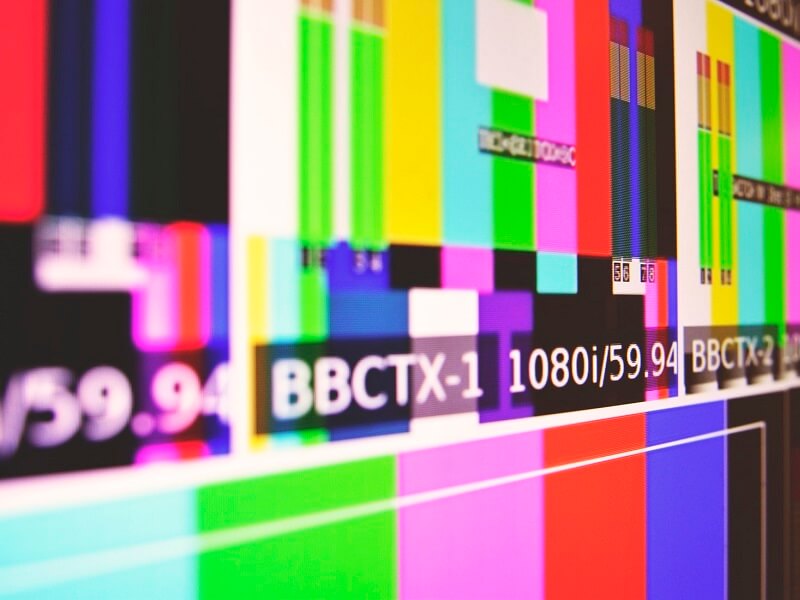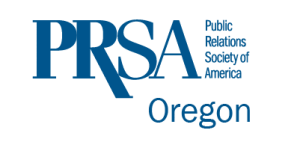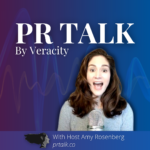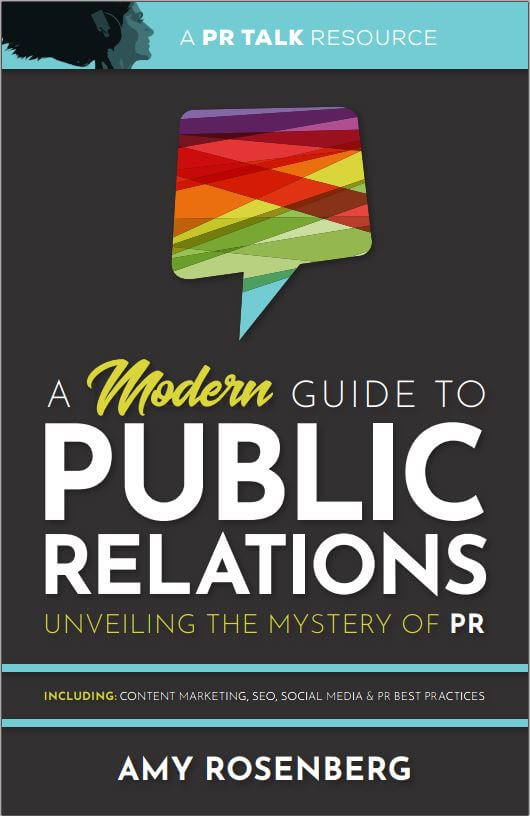KGW’s Ultimate Gatekeeper, Bruce Williams, Tells it Like it Is
Assignment Editor turned “Content Discovery Editor”
I would consider Bruce Williams to be THE source at KGW. A million years ago I would have called him the “Assignment Editor,” but in a world of tweets, chats, and millennials, Bruce’s title has changed to Content Discovery Editor. This is because his role has shifted beyond what you see on TV to include duties for social media and the KGW website.
Back in an easier time, the Assignment Editor was the person I envisioned to be somewhat in charge of the newsroom’s operations for that day. It was their job to scan the news and determine what was going to be covered with the entire team’s input. The Assignment Editor would then “assign” the stories to the reporters and cameras available to them for that day. Basically, this was the person you needed to talk to the day you wanted your story to run for last-minute news.
The Reimagined Role of the Assignment Editor
And….drumroll please….fancy title or not, Bruce is still the person you need to talk with. As I strutted into Bruce’s domain, he showed me his command center, which used to be called the “assignment desk” and now I believe it is called something cooler, but I don’t remember. Centered in the middle of the newsroom, a circular desk equipped with various computer systems and police scanners is slightly perched above the other newsroom desks so they “can yell out across to the other teams.” Wherever you are, whatever you’re working on, if it’s TV news, this is the desk you are calling and the person who answers is the person you need to speak with to garner “day of” or sometimes next day news. Do not confuse this person with the receptionist.
As I kicked off the interview, completely flabbergasted by Bruce’s new title, I wondered how I would communicate that I needed the “assignment editor” now that the long-standing term used in newsrooms across America was no longer valid.
Bruce clarified a new term for me. “You need to know who your gatekeeper is.” Yes! That is exactly it! Bruce went on to possibly confuse us further by saying that the gatekeeper varies from newsroom to newsroom—mentioning that there are a group of gatekeepers at KGW depending on what the story is. Bruce tells us you could go straight to a reporter if your story aligns with a specific beat, to an Executive Producer, or to the web team. But I’ll just add, when all else fails or if you aren’t sure, go to someone like Bruce, whom I consider the ultimate gatekeeper.
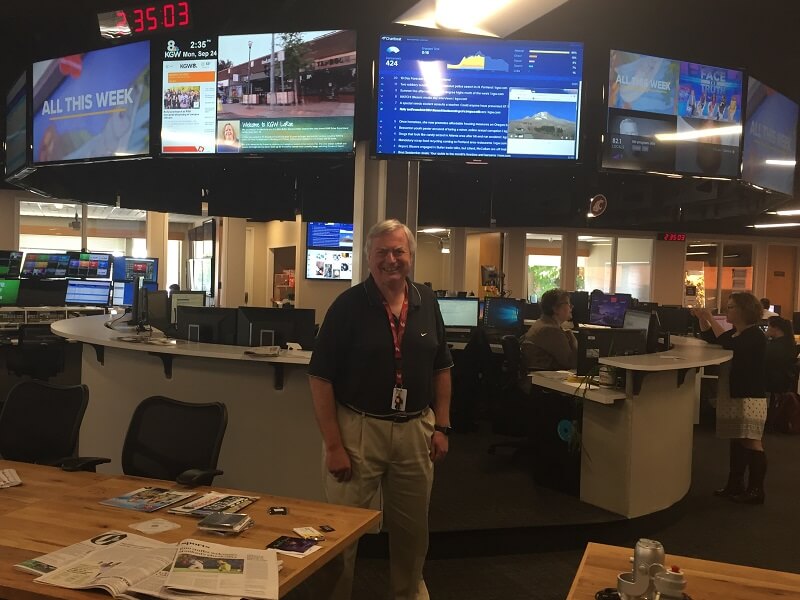
The Sacred Morning Meeting
Even though no two days are the same in the world of news, envisioning Bruce’s daily schedule might help you wrap your head around how a newsroom operates. Arriving at work before 5:30 a.m., he checks in with the sunrise team to see what they are working on, searches twitter and Facebook, along with the mountain of new emails, and formulates a plan to get available crews out the door covering stories.
The infamous “morning meeting” happens at 9:30 a.m. This is when all the crews come in to discuss story ideas and a plan is formed. If you want day-of news you need to get your information over to them before this time and make sure they are discussing your news at the morning meeting. Of course you would email the information to them, but you can’t assume they received it. I find that a phone call works better than telepathy for checking in. Bruce assures us that he’s happy to take phone calls, saying that he’ll even give you a read on if he thinks something will get covered if you call at the right time—between 7:30 a.m. – 9 a.m. Do not call at 9:30 a.m. (during the morning meeting) nor at 2:30 p.m. because that is when he’s off for the day.
The Newsroom Email Address
Bruce reminds us that every newsroom has a generic newsroom email address. KGW’s is [email protected]. If you send your pitch here and it’s compact enough, incorporating a coverage date, it will likely be put in a file for future coverage.
The Best Time for a Press Event
Speaking of timing, next I asked Bruce my second favorite question. When is a good time of day for a press event? Sure enough, he answered 10 – 10:30 a.m. if you want to get on the noon news and possibly subsequent shows throughout the afternoon and evening. For general news he said that nighttime events don’t work well, unless the station has a live field reporter (but that wouldn’t be general news, now would it?), or it’s really unique or visual.
The Self-Directed Newsroom
Bruce also reminded us that if the event is visual, but stations can’t make it out, you can shoot your own video and/or take your own pictures and send those over for TV stations to air. He assured us that what you capture doesn’t need to be perfect. “Think about what you see on social media, it’s not perfect.” We can submit those through Dropbox or a YouSendIt file.
The type of stories Bruce is looking for
- Things people are talking about.
- What people are sharing on social media.
- Local ties to a big national or international story.
- Is there a visual aspect?
- Incorporating real people the station can talk to.
- A benefit to the audience.
Bruce’s PR pet peeves:
Luckily for us, Bruce is a pretty easy going guy but he was able to come up with a few PR pet peeves, when asked.
- PR people that reach out to the press with story pitches, only to be unable to be reached soon after. If it’s time sensitive, make yourself available!
- PR people who don’t want them to show up with a camera (after sending a pitch to a TV station!?!).
Even though social media and the internet have turned TV news operations into a 24-hour cycle, Bruce’s main function remains the same. In the same way, Bruce’s advice for PR people mirrors this concept. If building relationships and doing whatever it takes to help your contacts sounds like a lot of work, it is. Just as the internet hasn’t yet created a way to take the hustle out of PR, it certainly hasn’t augmented the role of the traditional Assignment Editor quite yet.
About the guest: Bruce Williams
Bruce Williams is the Senior Assignment Manager for the KGW Content Discovery Center at KGW Media Group. Bruce has been with KGW for nearly 10 years and has been in the media world for three decades. He is a(nother) graduate of the Washington State University broadcast journalism school and a huge Cougars sports fan. He’s also the gatekeeper, leading the decisions on where cameras and reporters go.
Connect and follow Bruce on social media:
This episode of PR Talk is brought to you by PRSA Oregon
Throughout Oregon and Southwest Washington, PRSA provides members with networking, mentorship, skill building and professional development opportunities – whether you are a new professional fresh out of college or a skilled expert with 20 years in the industry. Check out PRSAoregon.org for more information on how membership can help you grow and connect.
PR Talk is sponsored by monday
In such a fast-paced, multi-faceted work environment, it can be tough to stay on top of everything. monday is the collaboration tool trusted by businesses of all kinds to help cut down the clutter and streamline productivity. Learn more at monday.com and signup for a free trial. You’ll see in no time why so many teams around the world are choosing monday for their project management needs.
PR Talk listeners can use the coupon code BetterExecute for a 15% discount.
Featured image courtesy of Tim Mossholder

